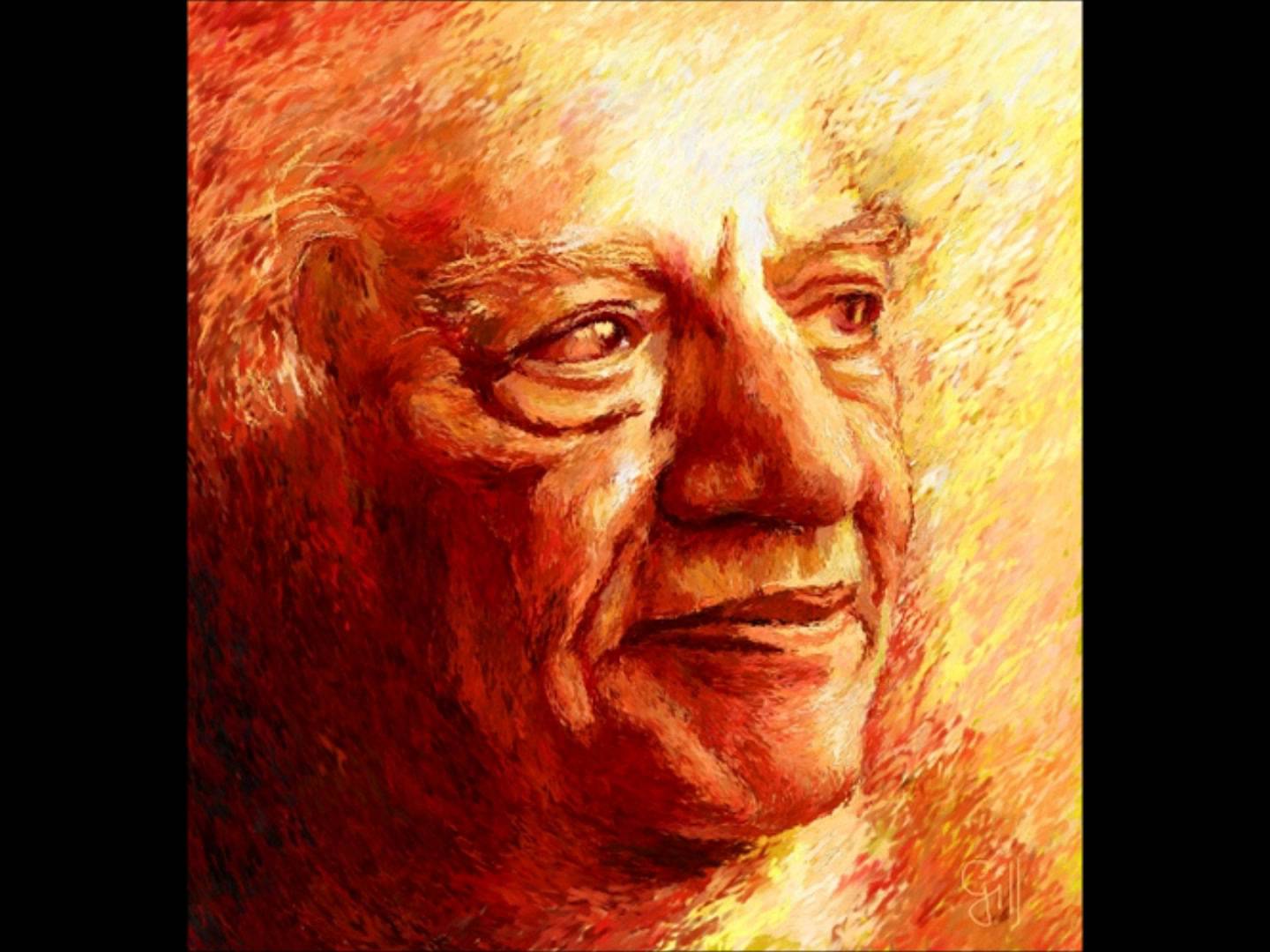
Faiz Ahmad Faiz
Biography
Faiz Ahmad Faiz was a Pakistani leftist poet and author, and one of the most celebrated writers of the Urdu language. Among other accolades, Faiz was nominated for Nobel Prize in Literature and won the Lenin Peace Prize.
Birth
Faiz Ahmed Faiz was born on February 13, 1911, in Sialkot, India, which is now part of Pakistan. He had a privileged childhood as the son of wealthy landowners Sultan Fatima and Sultan Muhammad Khan, who passed away in 1913, shortly after his birth. His father was a prominent lawyer and a member of an elite literary circle which included Allama Iqbal, the national poet of Pakistan.
Education
In 1916, Faiz entered Moulvi Ibrahim Sialkoti, a famous regional school, and was later admitted to the Skotch Mission High School where he studied Urdu, Persian, and Arabic. He received a Bachelor’s degree in Arabic, followed by a master’s degree in English, from the Government College in Lahore in 1932, and later received a second master’s degree in Arabic from the Oriental College in Lahore.After graduating in 1935, Faiz began a teaching career at M.A.O. College in Amritsar and then at Hailey College of Commerce in Lahore.
Works
Faiz’s early poems had been conventional, light-hearted treatises on love and beauty, but while in Lahore he began to expand into politics, community, and the thematic interconnectedness he felt was fundamental in both life and poetry. It was also during this period that he married Alys George, a British expatriate and convert to Islam, with whom he had two daughters. In 1942, he left teaching to join the British Indian Army, for which he received a British Empire Medal for his service during World War II. After the partition of India in 1947, Faiz resigned from the army and became the editor of The Pakistan Times, a socialist English-language newspaper.
In 1964, Faiz settled in Karachi and was appointed principal of Abdullah Haroon College, while also working as an editor and writer for several distinguished magazines and newspapers. He worked in an honorary capacity for the Department of Information during the 1965 war between India and Pakistan, and wrote stark poems of outrage over the bloodshed between Pakistan, India, and what later became Bangladesh. However, when Bhutto was overthrown by Zia Ul-Haq, Faiz was forced into exile in Beirut, Lebanon. There he edited the magazine Lotus, and continued to write poems in Urdu. He remained in exile until 1982. He died in Lahore in 1984, shortly after receiving a nomination for the Nobel Prize.
